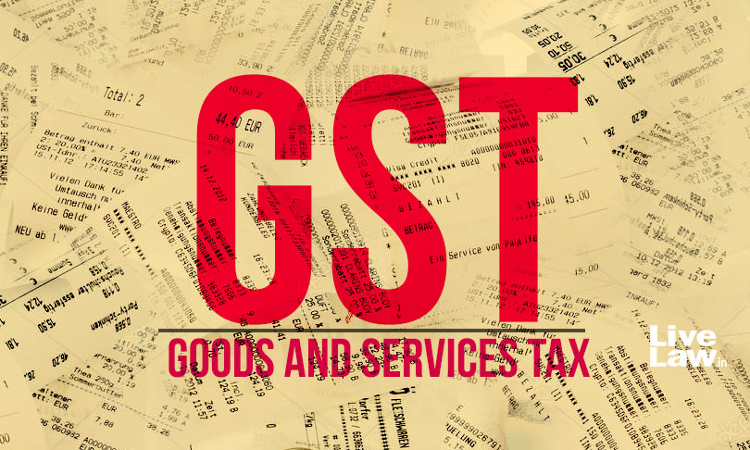GST : Detention, Seizure And Release Of Goods & Conveyances In Transit Under Section 129 Of CGST Act
Ammu Charles
30 Aug 2020 1:49 PM IST

Next Story
30 Aug 2020 1:49 PM IST
Section 129 of the Central Goods and Services Tax Act, 2017 ("CGST Act") gives power of detention and seizure to the officers if a person transports any goods or stores any goods while they are in transit in contravention of the provisions of the Act or the rules. [1] The various stages of interception, detention and release of goods and conveyances under Section 129 are...
